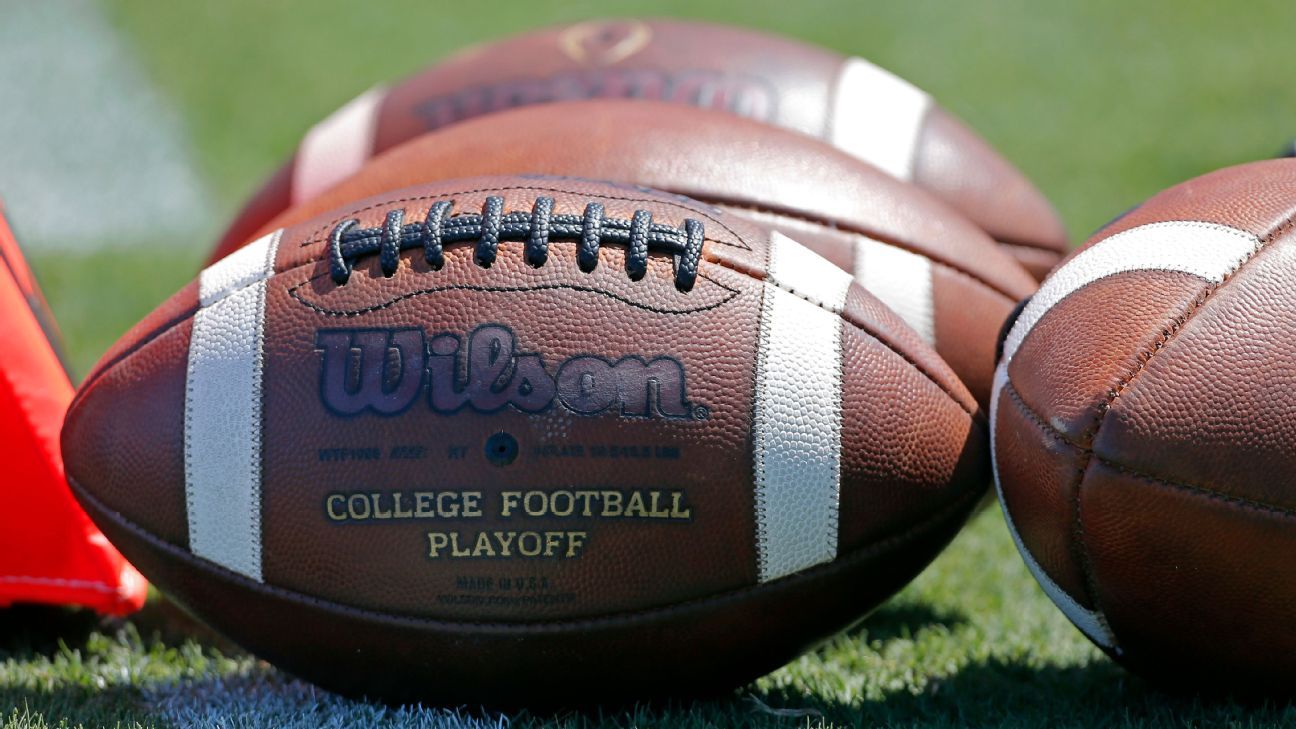Ignatius L Hoops
Well-known member
- Joined
- Sep 9, 2015
- Messages
- 10,942
- Reaction score
- 3,785
- Points
- 113
What is the ‘House settlement,’ and what does it mean for the Gophers and NCAA?
"We welcome the opportunity to move forward in this new era of collegiate athletics," Gophers AD Mark Coyle said.
Coyle hasn’t provided all the specific details of the Gophers’ plan for its sharing of $20.5 million in revenue. But during men’s basketball coach Niko Medved’s introductory news conference on March 25, Coyle said it will be spread among athletes in five sports. He didn’t name those sports, but multiple sources with knowledge of the situation told the Minnesota Star Tribune that athletes in football, men’s basketball, women’s basketball, men’s hockey and volleyball will receive the funds.
Revenue-sharing models with other Big Ten and SEC schools show football taking priority, with 75% or more of the $20.5 million going to football players, a likely percentage for the Gophers. The Star Tribune reported that between revenue sharing and NIL money, Gophers officials envision $5 million to $6 million going to the men’s basketball roster — which could mean a 15% allocation of revenue sharing (or $3.075 million) to that sport.
Of the remaining 10% — $2.5 million — 5% is expected to go to women’s basketball, while men’s hockey and volleyball would split the final 5%.





